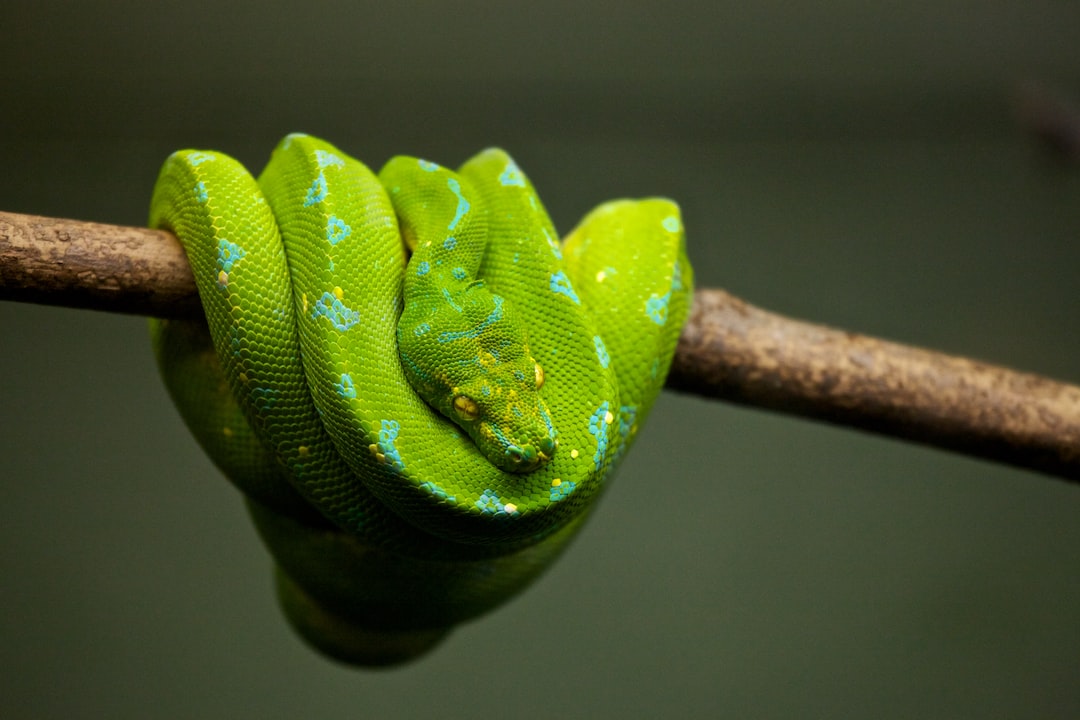Endangered Species: The Urgent Need for Conservation Efforts
Our beautiful planet is home to an incredible variety of species, each playing a crucial role in maintaining the delicate balance of our ecosystems. However, in recent years, a concerning trend has emerged – the increasing number of endangered species. The urgency to undertake conservation efforts has never been greater.
The term “endangered species” refers to the classification of plant or animal species that are at risk of extinction. This is primarily caused by human activities such as habitat destruction, pollution, climate change, and illegal wildlife trade. If we do not act swiftly, these species will disappear from our world forever, resulting in severe ecological consequences, which will ultimately affect our own livelihoods.
One of the primary reasons for species extinction is habitat loss. As our population continues to grow rapidly, urbanization and the expansion of agricultural lands have caused immense destruction to natural habitats. Forests, wetlands, and grasslands are being razed to make way for human settlements and farming areas. This results in the displacement of countless plant and animal species, leaving them with nowhere to go. This displacement often leads to a decrease in numbers and, ultimately, extinction of these species. By implementing conservation efforts, we can preserve and protect the habitats these species depend on.
Pollution is another significant factor contributing to species endangerment. Industrialization and human activities have released vast amounts of pollutants into the air, water, and land. As a result, ecosystems and the species within them are being heavily impacted. For example, pollution in the oceans has resulted in the decline of coral reefs, leading to severe consequences for marine life. The extinction of even a single species can have a domino effect, affecting the entire ecosystem. Conservation efforts aimed at reducing pollution and promoting sustainability are crucial to prevent further harm and maintain the delicate balance of our ecosystems.
Climate change is a global crisis that is directly contributing to the endangerment of numerous species. Increasing temperatures, extreme weather events, and rising sea levels are disrupting the natural habitats and life cycles of many species. Polar bears, for instance, are facing the threat of extinction due to the rapid melting of Arctic ice. By mitigating climate change through reducing greenhouse gas emissions and adopting sustainable practices, we can give these species a fighting chance at survival.
Illegal wildlife trade is one of the most lucrative criminal activities in the world, threatening the survival of countless species. Animals, such as elephants and rhinos, are poached for their ivory, while reptiles, birds, and tropical fish are trafficked as exotic pets. This illicit trade not only decimates populations but also fuels corruption and organized crime. Conservation efforts should focus on strengthening anti-poaching measures, raising awareness about the consequences of wildlife trade, and supporting local communities to find sustainable alternatives to this destructive activity.
The urgency to undertake conservation efforts cannot be overstated. The loss of a single species can have far-reaching consequences for our planet. Each species plays a vital role in maintaining the delicate balance of our ecosystems, from pollination to pest control and nutrient cycling. Without these species, our ecosystems would collapse, leading to dire repercussions for our own survival.
To address this urgent need for conservation, governments, organizations, and individuals must work collaboratively to protect and restore habitats, combat pollution, mitigate climate change, and combat illegal wildlife trade. We can support conservation efforts by spreading awareness, supporting organizations that work towards conservation, and making sustainable choices in our daily lives. Additionally, policymakers must enact legislation to protect endangered species and their habitats, providing them with the legal means to survive and thrive.
The time to act is now. We must recognize the importance of preserving our planet’s biodiversity and take immediate action. By doing so, we can not only save endangered species but also safeguard the intricate web of life that sustains us all. Together, let us ensure a future where these incredible species continue to exist for generations to come.

